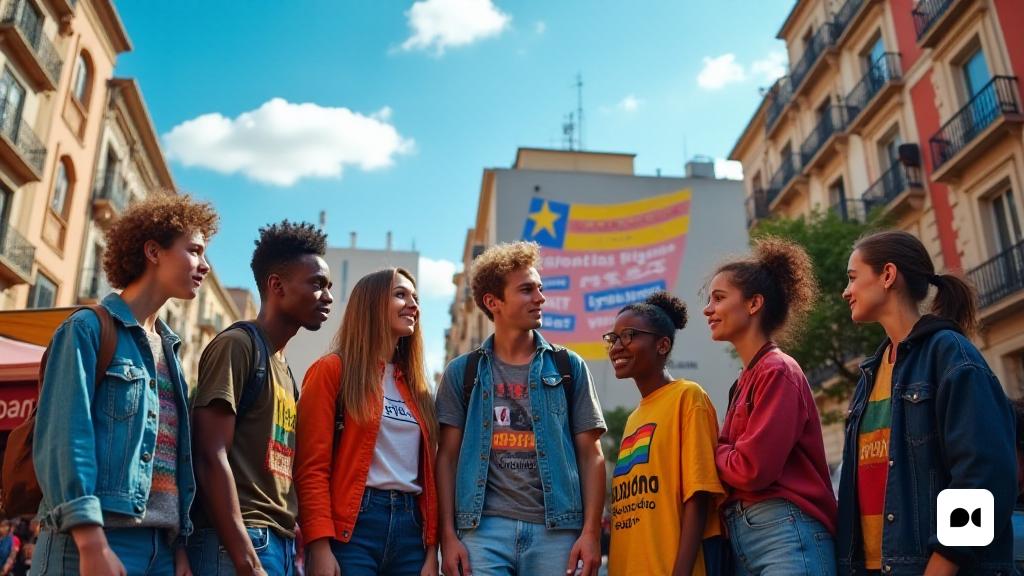General vision of current Catalonia
A recent study of the Center for Opinion Studies (CEO) of the Generalitat de Catalunya has allowed to build a detailed portrait of Catalan society. This diagnosis, which combines data from the March 2025 political opinion barometer with other sources of information, reveals how social and political dynamics are changing, especially among young people.
Generational relief and new perspectives
Catalonia, like many other regions, is facing a demographic challenge: a population in the process of aging that, however, does not have to underestimate the significant weight of young people. Those who are under 35 are between 20-25% of the electorate, and their opinions are marked by a more cosmopolitan and secular worldview.
Differences between generations: a gender analysis
A prominent aspect is the divergence among young people according to their sex. Women between the ages of 18 and 25 are more aligned with progressive values on social issues, while men of the same group have more conservative tendencies in aspects such as identity and religion.
The influence of independence between youth
Despite significant support for independence, a decrease in enthusiasm has recently been observed among young people. After a support peak during the process, priorities have changed towards more immediate issues, such as housing and employment, which are now the main concerns of this age group.
The ideological landscape: a Catalonia marked by the left
The political orientation of the Catalans reveals a clear inclination to the left. More than half of the population is located in this strip, with 59% identifying as left. This reality significantly contrasts with the data of Spain, where the right enjoys greater support.
An evolving political context
The Catalan political landscape has been affected by the emergence of new right -wing formations, but they are still minority. The political debate focuses more on the various shades of the left, than on a classic conflict between right and left.
Rethinking the ideological framework
The traditional right and left reference framework does not properly reflect the complexity of current Catalan society. Other factors such as positions on the state, liberalism, feminism and immigration are decisive in the configuration of public opinion, showing that Catalan politics is much richer and more diverse than we could suppose.
Catalonia presents itself as a dynamic scenario, where young voices and progressive ideologies play a key role in their social and political evolution. The future of this society will depend on how these new perspectives are articulated in an increasingly complex context.

